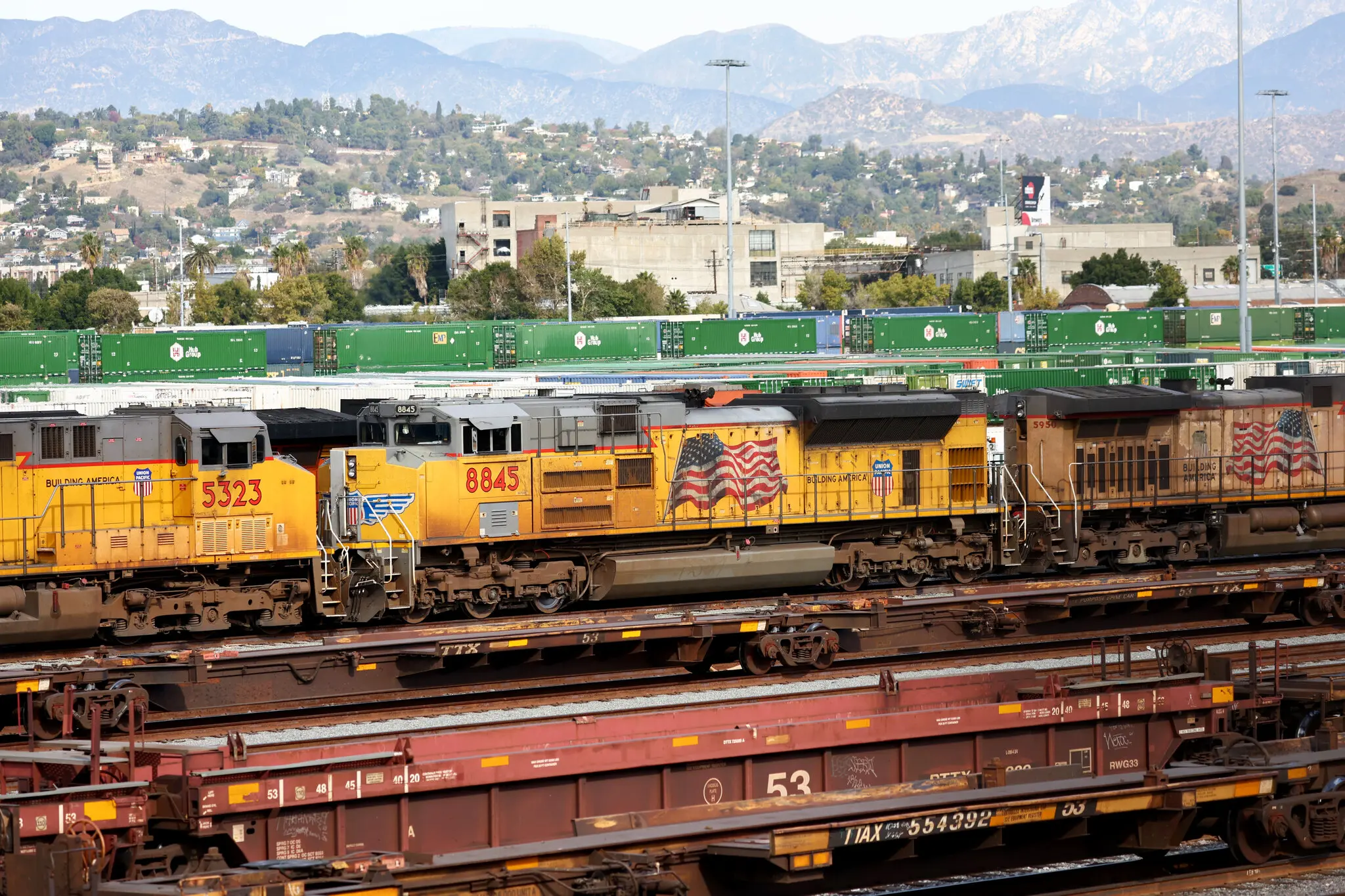Divya Nimmagadda is a student at Harvard Law School.
Yesterday, the union representing Dartmouth College men’s basketball players filed an unfair labor charge with the NLRB. The complaint states that the College has repeatedly refused to bargain, in violation of their legal obligation under the NLRA. Dartmouth released a statement explaining the refusal and underscoring their belief that college players should not be considered statutory employees – “Dartmouth’s decades-long commitment to athletics is an extension of our academic mission, and we maintain that the regional director made an extraordinary mistake in finding these students are employees. In March, we appealed the regional director’s decision to the full NLRB and continue to await their review. In the meantime, we have declined to bargain with SEIU Local 560 on this matter. It is an unprecedented step in Dartmouth’s long history of labor negotiations, but it is the only lever we can engage to ensure this matter is reviewed by a federal court. We expected this action would result in their filing an unfair labor practice charge with the NLRB, which they did and which we will also appeal.”
Though Dartmouth has bargained with other unionized student groups, they have taken a different posture towards the players. As the College noted in their statement, they had appealed the original decision to categorize the players as employees, and the NLRB has accepted various amicus briefs related to that appeal. Professional sports unions have filed on behalf of the players while the NCAA has filed a brief in support of the College. One way or another, this question will likely make its way to a federal judge.
Two prominent Canadian railways who are currently in the midst of contentious labor negotiations – Canadian National Railway (CN) and Canadian Pacific Kansas City – are planning worker lockouts scheduled to go into effect today. The Teamsters, representing various worker groups at the railways, issued a 72-hour strike notice this past Sunday ahead of CN’s lockout notice. This is the first time the country is facing a simultaneous labor stoppage at both railroads.
The union’s main concern is around scheduling procedures for rail workers. The Canadian Teamsters are asking for more transparency around scheduling, motivated by concerns around fatigue-induced safety issues. The union states that CN wants to include a forced relocation provision in the agreement which would force workers to move across the country to fill labor shortages. As for CPKC, the union states that the railway wants to “gut the collective agreement of all safety-critical fatigue provisions.”
Such a stoppage implicates serious economic consequences for the United States’ economy given the integration of railroad networks. Both the U.S. and Canadian Chambers of Commerce issued warnings earlier this week about the “significant impact” on the countries’ economies and industries. Union Pacific’s CEO issued a letter to the Canadian Labor Minister encouraging mitigation and emphasizing that up to 2,500 Union Pacific Railroad cars headed for the U.S. could be disturbed. However, despite similar pleas from other industries, Trudeau and his government, to date, have so far refused to intervene. The stoppage is expected to impact several industries, including chemical manufacturers and bulk products that move by rail, like timber, construction materials, coal, grain and fertilizer.






Daily News & Commentary
Start your day with our roundup of the latest labor developments. See all
January 25
Uber and Lyft face class actions against “women preference” matching, Virginia home healthcare workers push for a collective bargaining bill, and the NLRB launches a new intake protocol.
January 22
Hyundai’s labor union warns against the introduction of humanoid robots; Oregon and California trades unions take different paths to advocate for union jobs.
January 20
In today’s news and commentary, SEIU advocates for a wealth tax, the DOL gets a budget increase, and the NLRB struggles with its workforce. The SEIU United Healthcare Workers West is advancing a California ballot initiative to impose a one-time 5% tax on personal wealth above $1 billion, aiming to raise funds for the state’s […]
January 19
Department of Education pauses wage garnishment; Valero Energy announces layoffs; Labor Department wins back wages for healthcare workers.
January 18
Met Museum workers unionize; a new report reveals a $0.76 average tip for gig workers in NYC; and U.S. workers receive the smallest share of capital since 1947.
January 16
The NLRB publishes its first decision since regaining a quorum; Minneapolis labor unions call for a general strike in response to the ICE killing of Renee Good; federal workers rally in DC to show support for the Protecting America’s Workforce Act.